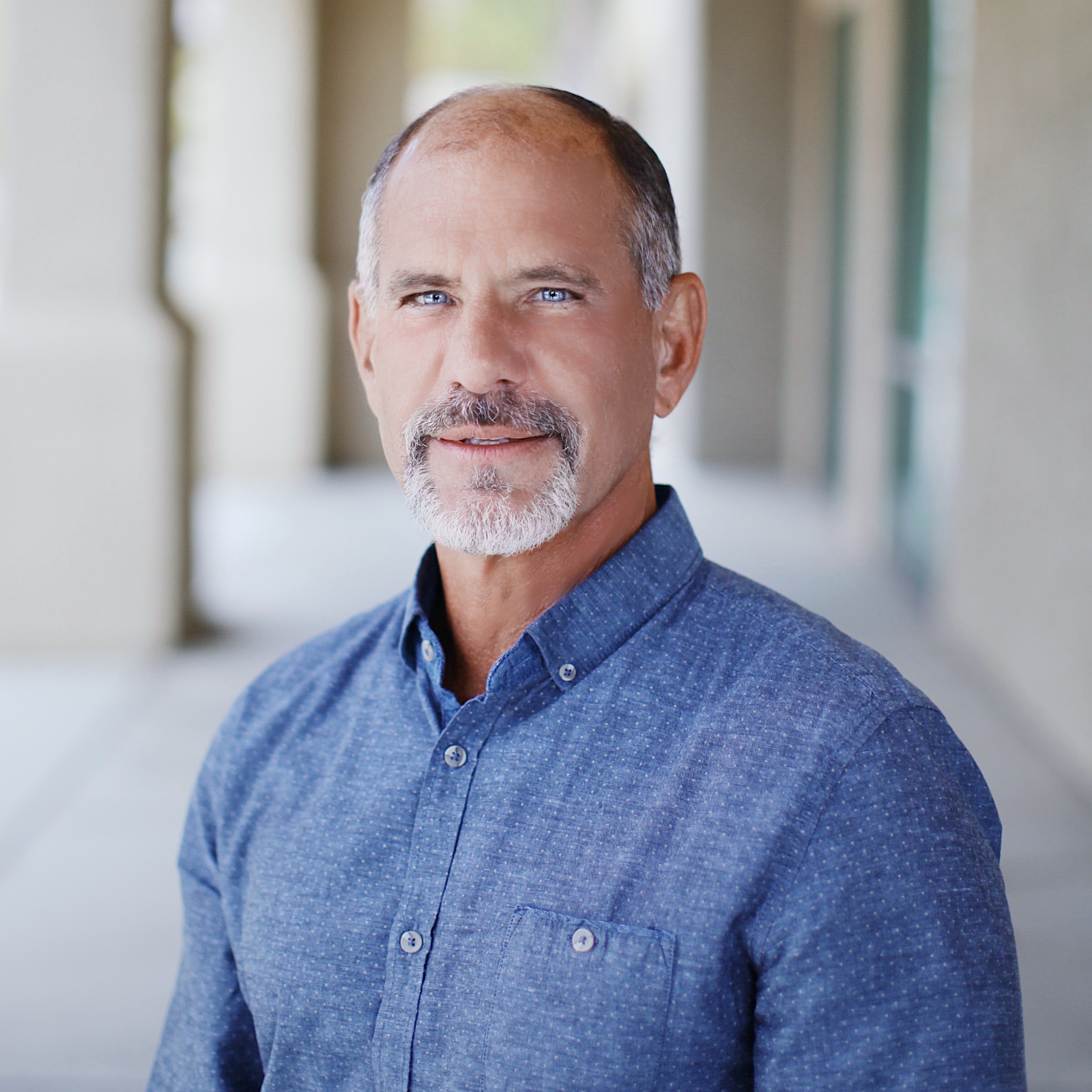When Jesus told his followers they were the “salt of the earth” and the “light of the world,” he probably didn’t anticipate the centuries of sermon illustrations that would follow. We’ve heard about salt preserving meat in ancient times (because apparently refrigeration hadn’t been invented yet, which seems like poor planning), and we’ve endured countless analogies about lighthouses guiding ships safely to shore. But what does it actually mean for modern Christians to be salt and light in a world that seems to prefer artificial sweeteners and LED bulbs?
The Salty Side of Christianity
Let’s start with salt, because frankly, it’s the more challenging metaphor. Salt has several properties that make it useful, and thankfully for sermon-writers everywhere, each one comes with its own spiritual application. First, salt preserves. In Jesus’ time, before the blessed invention of the freezer section, salt was essential for keeping food from spoiling. Christians, therefore, are called to be preservatives in society, preventing moral decay and corruption from taking hold.
This is where things get a bit tricky for modern believers. Nobody really enjoys being around someone who acts like they’re single-handedly preventing society from falling apart. We’ve all met that person who seems to view every conversation as an opportunity to halt civilization’s inevitable slide into chaos. They’re technically following the salt metaphor, but they’ve perhaps misunderstood the dosage requirements.
Because here’s the thing about salt: a little goes a long way. Try adding a tablespoon of salt to your morning coffee instead of sugar, and you’ll quickly understand why Jesus warned about salt losing its saltiness. When salt becomes too much, it becomes useless—or worse, actively harmful. The Christian who approaches every interaction with the subtlety of a salt avalanche might technically be fulfilling their preservative function, but they’re also likely to leave everyone around them feeling parched and looking for the nearest exit.
The more effective approach might be the way salt actually works in cooking: it enhances the existing flavors rather than overwhelming them. Christian saltiness, then, might look less like aggressive moral policing and more like quietly bringing out the best in people and situations. It’s seasoning, not drowning.
Illuminating the Light Situation
The light metaphor comes with its own set of complications. Jesus said Christians shouldn’t hide their light under a basket, which seems straightforward enough until you start thinking about what kind of light we’re supposed to be. Are we talking about a gentle nightlight that provides comfort in the darkness? A blazing searchlight that exposes everything in its path? Or perhaps one of those annoying car headlights that’s somehow both too bright and poorly aimed?
The beauty of light is that it doesn’t have to announce itself. When you flip a switch in a dark room, the light doesn’t need to make a speech about how much better everything looks now. It simply illuminates, and the change is obvious. Similarly, Christians who truly embody the light metaphor don’t need to constantly remind everyone about how enlightened they are. Their presence simply makes things clearer, warmer, and more hopeful.
Light also has the wonderful property of automatically driving out darkness. You don’t have to fight darkness or argue with it or organize a committee to address the darkness problem. You just turn on the light, and darkness ceases to be an issue. This might be one of the most underutilized aspects of Christian witness—the power of simply being genuinely good, kind, and loving without making it into a whole production.
The Balancing Act
The challenge for Christians is to learn to be both salt and light simultaneously, without becoming either overly salty or blindingly bright. This requires a certain finesse that doesn’t always come naturally to people who are passionate about their faith. There’s a temptation to err on the side of being too much—too salty, too bright, too obvious—because subtlety can feel like compromise.
But consider how salt and light actually function in the physical world. Salt works best when it’s dissolved and distributed evenly, not when it’s sitting in a crystalline pile on top of everything. Light works best when it illuminates without creating harsh shadows or blinding anyone who looks directly at it. The most effective Christians might be those who have learned to distribute their influence evenly and shine their light in ways that help others see more clearly rather than simply drawing attention to the light source itself.
So what does this look like in practice? Perhaps it’s the Christian who makes their workplace a little more honest and a little more kind without ever mentioning their faith unless asked. Maybe it’s the neighbor who somehow always knows when someone needs help but never makes a big deal about providing it. It could be the friend who consistently brings wisdom and hope to difficult situations without resorting to Christian clichés or unsolicited Bible verses.
The goal isn’t to hide one’s faith—that would be putting the light under a basket—but rather to let it work naturally and authentically. Salt doesn’t hide the fact that it’s salt; it just gets on with the business of making things taste better. Light doesn’t pretend to be darkness; it simply shines where it’s needed.
Ultimately, being salt and light may be less about adhering to a specific formula and more about grasping the essence behind the metaphors. Both salt and light exist for the benefit of others. Salt doesn’t season itself, and light doesn’t illuminate itself. They’re inherently other-focused, designed to enhance and improve everything around them.
For Christians, this means the ultimate goal isn’t to be noticed for being salty or bright, but to leave people and situations genuinely better. It’s about making the world a little more flavorful and a little less dark, one interaction at a time. And if we can do that without causing anyone to choke on the salt or go blind from the light, well, that might just be the kind of miracle Jesus had in mind all along.
After all, the best seasoning is the kind you don’t really notice until it’s missing. And the best light is the kind that helps you see everything else more clearly.

Lance is the founding and lead pastor of Calvary Chapel Oxnard where he has served since 1982. Lance & David Guzik co-pastored the church for six years before David planted a church in a nearby community.
Lance & his wife Lynn were married in 1980 and have three adult children and five grandchildren. Lance loves teaching the Bible, History, and Leadership. He holds Masters-of-Arts in Biblical Studies and Ministry.
Lance serves as a chaplain for both the Oxnard and Port Hueneme Police Departments and enjoys backpacking, wood-working, working out, gardening, home improvement projects, reading, and graphic design.
The popular Communio Sanctorum: History of the Christian Church podcast can be found in both audio and video at the Into His Image website along with a growing inventory of Lances teaching.





Lance, you wrote: After all, the best seasoning is the kind you don’t really notice until it’s missing. And the best light is the kind that helps you see everything else more clearly.
Great line! A post-modern, Woke culture demonstrates what happens when salt and light are missing. The slide into the darkness and tastelessness of irrationality is evident. There’s a lurch to the Right in our culture. This lurch is evidence of the longing for the salt and light that Christ brings through His Church.
Thanks, tim.
Obrigada pelo ensinamento foi de muito aprendizado 🙏